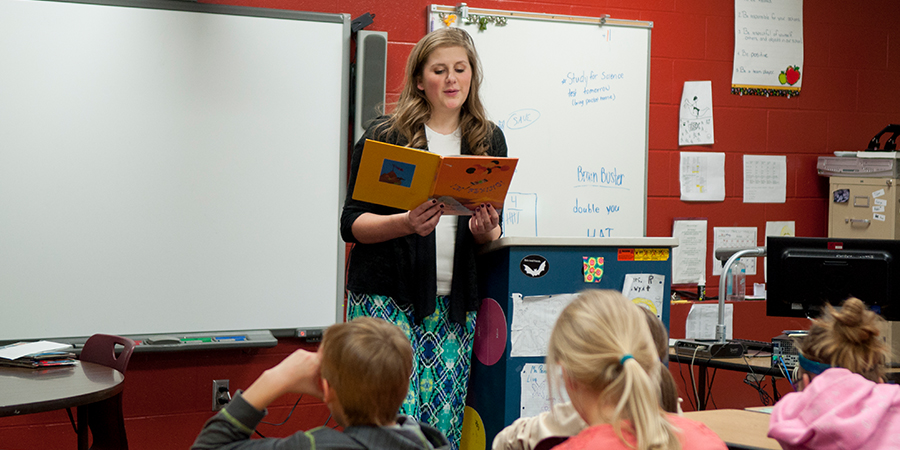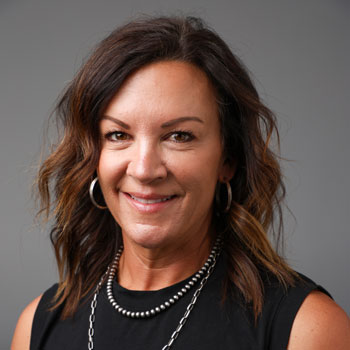Now is the perfect time to pursue your Master of Education (M.Ed.) in Reading at Black Hills State University. Recently revamped to align with the latest Science of Reading (SoR) initiatives, this 35-credit program equips educators with cutting-edge research and practical strategies for impactful reading instruction, helping you design and deliver effective, evidence-based reading instruction for K-12 students. This master’s program in reading meets South Dakota's standards for preparing reading specialists, and additional certification options for elementary and/or secondary reading endorsement are available upon graduation.
This program is entirely online and asynchronous to support working adults with the flexibility to complete the program while still teaching full-time. The program can be completed in two years, and you can transfer up to nine (9) credits if you have already started your Master's degree or taken Science of Reading courses.
School districts are in need of exemplary reading teachers, school and district reading specialists, and literacy coaches. The US Department of Education and TEACH Grant have designated reading specialists as a high-need field. This program is designed to fulfill this national need and address the literacy needs of elementary, middle, and high school populations, as well as support teachers in earning leadership roles.

What is the role of a Reading Specialist?
A reading specialist collaboratively supports exemplary classroom teaching in literacy, assesses reading strengths and needs of students as needed, communicates the information to fellow teachers, and serves as a resource to stakeholders.
Teachers who add the reading specialist designation to their teaching certificates often remain in regular classrooms, but their students benefit from their added expertise in reading. Dr. Tim Creal, Superintendent of Custer School District, states, "The role of reading specialists is very important. But most school districts in South Dakota can't afford to fund reading specialist positions. This makes it even more important for as many regular classroom teachers as possible to get the advanced preparation in reading so they can meet the literacy needs of their students." The M.Ed in Reading program from BHSU meets this need.
Apply today to start earning your Master of Education in Reading, a professional master's degree emphasizing enhanced professional practice and leadership.
Master of Education (M.Ed) in Reading Course Requirements*
Required Classes
- ED 630 - Educational Collaboration & Research Methods
- ED 650 - Assessment & Correction of Reading Difficulties Grades 6-12
- ED 695 - Practicum
- ED 742 - Literacy & Language: Reading & Writing Instruction
- ED 747 - Reading Research & Theory
- ED 748 - Cultural and Linguistic Diversity in Schools
- ED 750 - Action Research in Schools
- ED 754 - Leadership in Schools
- ED 757 - Models, Methods, and Materials for Literacy Instruction
- ED790 - Seminar
- ELED 659 - Diagnosis and Remediation of Reading Difficulties
- SEED 550 - Reading and Content Literacy
*Course requirements may vary by academic year. To view the requirements for your academic year, please visit Registration & Records for status sheets.
Status Sheets



